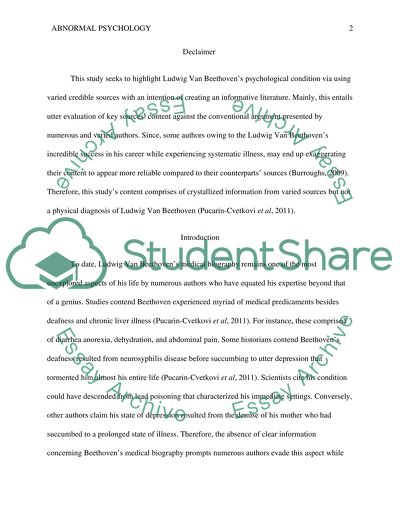Cite this document
(“Abnormal Psychology Case Study Example | Topics and Well Written Essays - 1500 words”, n.d.)
Retrieved de https://studentshare.org/psychology/1471189-abnormal-psychology
Retrieved de https://studentshare.org/psychology/1471189-abnormal-psychology
(Abnormal Psychology Case Study Example | Topics and Well Written Essays - 1500 Words)
https://studentshare.org/psychology/1471189-abnormal-psychology.
https://studentshare.org/psychology/1471189-abnormal-psychology.
“Abnormal Psychology Case Study Example | Topics and Well Written Essays - 1500 Words”, n.d. https://studentshare.org/psychology/1471189-abnormal-psychology.


